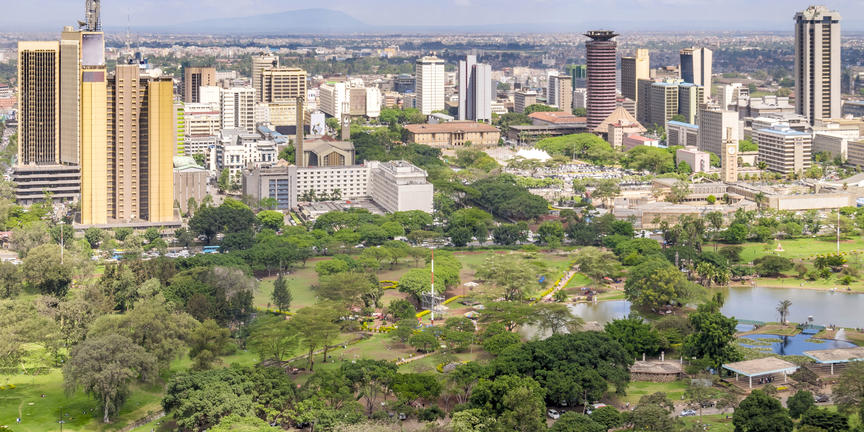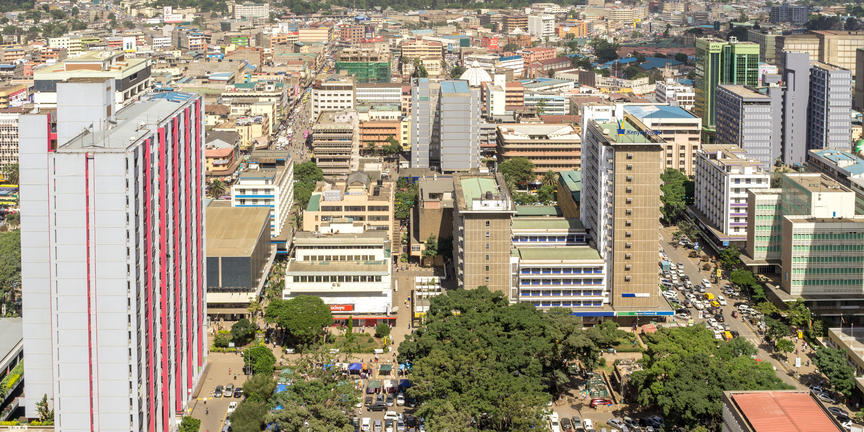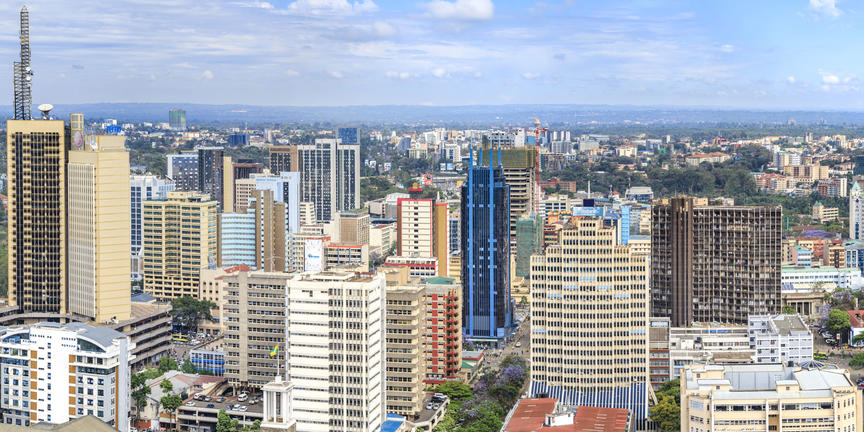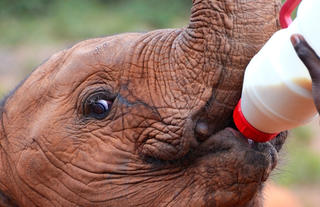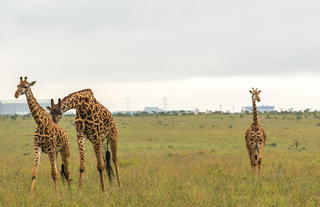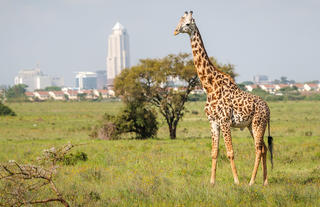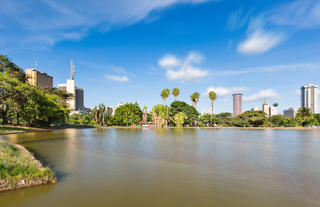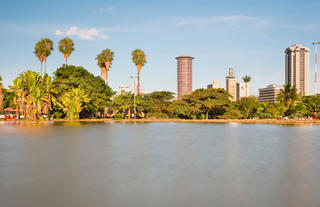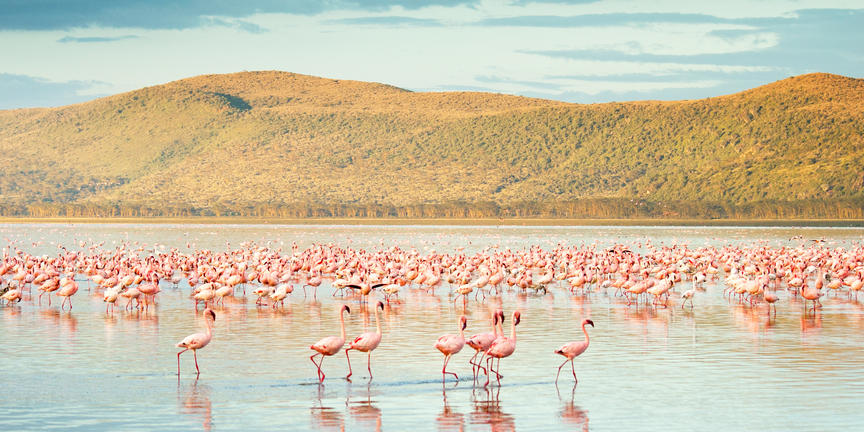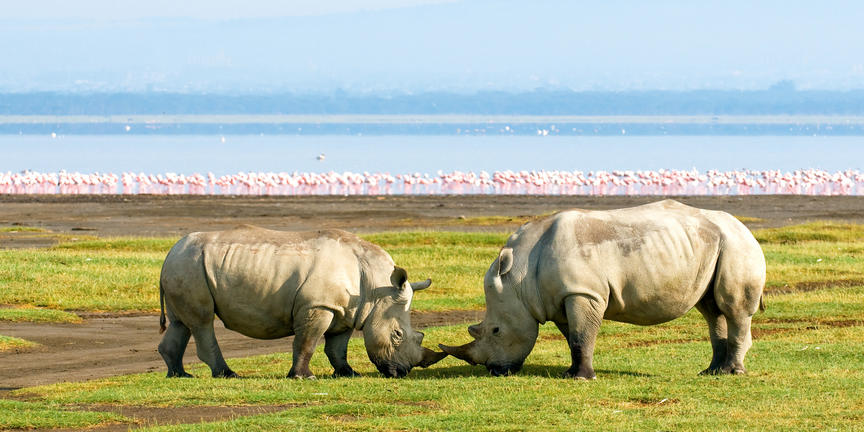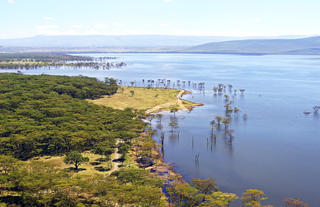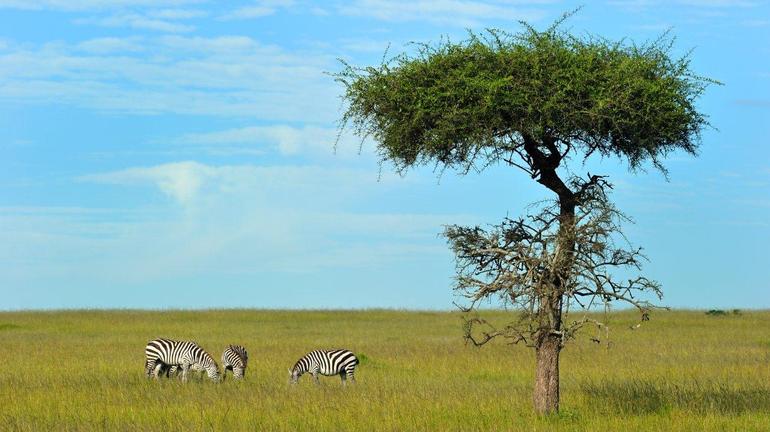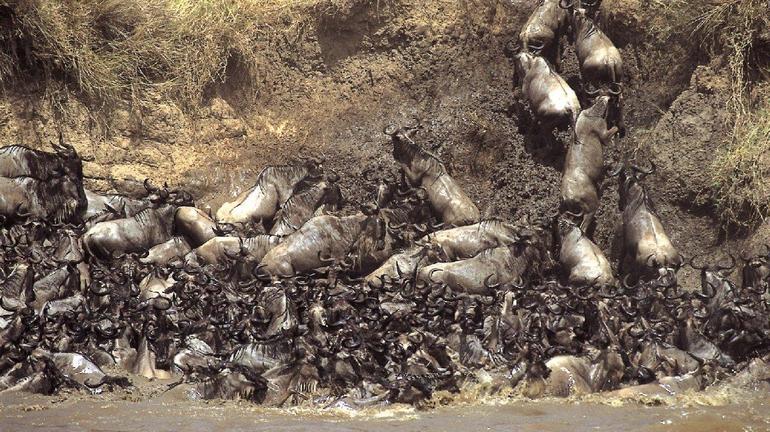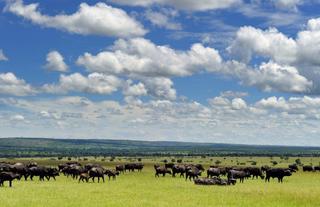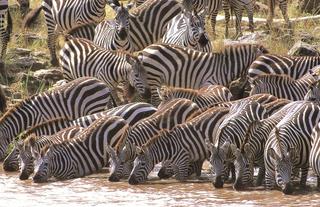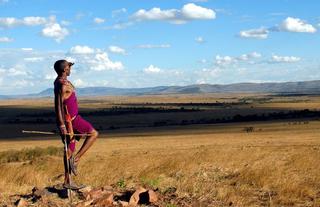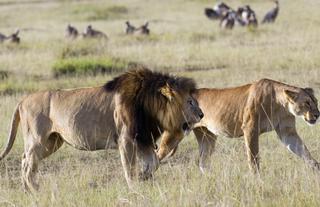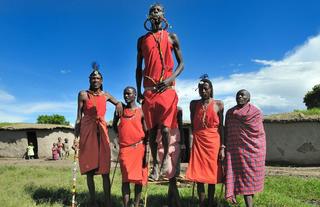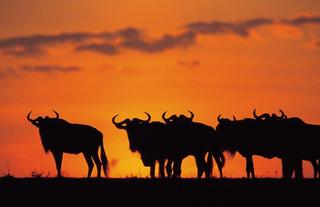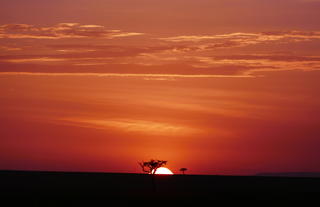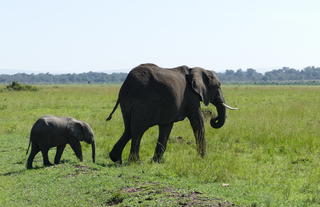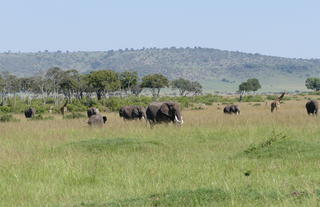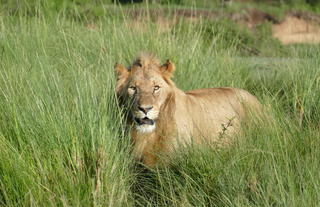Resting in the magnificent Great Rift Valley and presided over by the majestic Mount Kilimanjaro, Kenya is characterized by hauntingly beautiful natural landscapes of forested hills, patchwork farms, wooded savanna and vast forests brimming with an extraordinary abundance of wildlife. The nation’s diverse range of traditional African cultures is influenced by over 70 unique ethnic groups from the Maasai, Samburu, Kikuyu, and Turkana tribes to the Arabs and Indians that settled on the coast. Add to this: an exquisite tropical coastline fringed with breathtaking golden sand beaches; gorgeous coral gardens providing excellent snorkeling and diving opportunities; and a slew of lively beach resorts, and it is easy to see why so many visitors flock here from around the world to experience a truly unique African adventure in one of the world’s most pristine safari destinations.
ENTRY REQUIREMENTS
Passports are required by all foreign visitors and must be valid for 6 months after the intended length of stay, together with onward travel documents, proof of accommodation, e-visa and return ticket. Please ensure that you have two full consecutive blank visa pages. We recommend you have 4 blank visa pages if you are travelling through more than one country on your journey. If there is insufficient space in the passport entry into the country will be denied.
Any applicable visas and/or relevant documentation are your responsibility. All foreign passport holders require a visa to enter Kenya. A single-entry visa fee is $51 per person, subject to change. Transit visas are available for stays under 72 hours, at a cost of $21 per person. A double entry visa fee is $80 per person, and available only at port of entry.
A single-entry visa allows re-entry into Kenya within a period of 90 days if travelling within Uganda, Tanzania, Burundi and Rwanda.
You can obtain e-Visa via https://evisa.go.ke/evisa.html valid for 90 days. Enjoy the convenience and apply for your e-Visa online fast and safely anywhere and anytime and get it within 48 hours.
Alternatively, you can apply for an East Africa Tourist e-Visa. This is valid for 90 days at $100 per person and allows multiple entry into Kenya, Rwanda and Uganda. Present e-visa printout to immigration control at the point of entry. East Africa sticker will be issued at the point of entry in Kenya.
BANKING AND CURRENCY
The currency in Kenya is the Kenya Shilling (KES), however US dollars are widely accepted. Notes dated before 2008 are not accepted.
MasterCard, Visa and American Express credit cards are accepted at most hotels and lodges.
TRAVEL, TRANSPORT AND GETTING AROUND
Nairobi has two airports for domestic and regional flights: Jomo Kenyatta International Airport and Wilson Airport. Kenya has over 150 domestic airports and airstrips and there are daily flights to the most popular destinations. In addition to the scheduled airlines, several private charter companies operate out of Wilson Airport.
Kenya Airways, Air Kenya, Fly 540, Mombasa Air Safari, and Safarilink serve the most popular safari destinations, plus many others such as Lake Victoria.
All other types of transport are good and efficient. Quality on trains can differ depending on which ‘class’ you buy.
Drive on the left side of the road.
Road conditions vary, and are improving.
HEALTH AND MEDICAL INFORMATION
Please consult your physician or travel clinic before you travel to Kenya for advice on precautions against malaria and other recommended vaccines. A yellow fever certificate is required for travellers from 1 year of age arriving from or having passed through countries with risk of yellow fever. The yellow fever certificate only becomes valid 10 days after immunization.
If you take medication, you should ensure you take enough supplies to last the entire visit.
SAFETY NOTICES
Visits to Kenya by tourists and mainly incident free. However, you should remain vigilant; avoid walking alone, especially during the evening and at night, and keep large amounts of money and high value personal items secure and out of sight. If using ATMs, try to do so in secure and well-lit areas, and do not accept assistance.
Where safes are available at hotels and lodges, it is advised to use them to store valuables and important documents.
A vehicle security check is in place at Jomo Kenyatta Airport, Nairobi (JKIA).
While on safari, visitors should adhere to the instructions of guides and accommodation staff.
Your accommodation will have safety precautions in place in the event that wildlife approach the area. Visitors will be briefed upon check in.
Game drives will be led by your guide who will advise on appropriate behaviour. In general, you should avoid making loud noises and sudden movements which may startle animals, and should never try to interact with or disturb them. It is important to remember that you are visiting wildlife in their habitat and although they are accustomed to safari vehicles, they should be treated with respect.
If sharing pictures of your wildlife encounters on social media, you should avoid stating your exact location as poachers use this as a means of tracking wildlife.
FOOD, DRINK AND CUISINE ADVICE
Kenya is a multi-cultural country, and the traditional Kenyan cuisine reflects the many different cultures. Specialties of Kenya include:
- Chapati, an Indian flatbread usually served with meat stew and vegetables.
- Nyama Choma, translates as burnt meat which is typical of a Swahili barbeque and is usually beef or goat.
- Sukuma Wiki, a vegetable stew made from leafy green vegetables.
- Kachumbari, a fresh salad dish made from a mixture of chopped tomatoes, peppers, onions, coriander, lemon juice and sometimes avocado. It is usually served with Nyama Choma and Ugali.
The tap water in Kenya is unsafe to drink. Bottled mineral water is readily available.
CLIMATE AND WEATHER
Kenya’s diverse geography means that temperature, rainfall and humidity vary widely; hot and humid at the coast, temperate inland, very dry in the north.
The warmest months are February and March, and the coolest July and August. Temperatures average 22°C / 72°F during the day and 12°C / 53°F at night. At the coast and northern regions, temperatures can reach 30°C / 86°F.
Kenya has two rainy seasons: April to May (“big” rainy season) and October to December (“small” rainy season). During these times, there may be short, heavy downpours followed by sunshine.
CLOTHING AND DRESS RECOMMENDATIONS
For Nairobi and the coast: lightweight cotton and linens are advised. Warmer clothing is needed in June and July, while rainwear is advisable between March and June, and October and December.
For safari: loose-fitting and light neutral tones are recommended. If you are visiting a luxury lodge, pack a nice set of clothes for dinner is recommended.
INTERNET AVAILABILITY
Wi-Fi is readily available in major cities and hotels, as well as in luxury game lodges.
ELECTRICITY AND PLUG STANDARDS
240 volts at 50Hz. The UK style, 3 pin square plugs can be used.
ARRIVAL PROCEDURES FLYING INTO KENYA ON COVID 19:
Kenya is primarily a nature destination with visitor focus being the game parks and beach holiday which happen to be less crowded and easy to introduce hygiene protocols including social distancing to contain transmission of Covid-19. Kenya is endorsed by the World Travel and Tourism Council (WTTC) as a Safe Travels destination and is open to international travel
1. Health Form
All international airline passengers flying into Kenya are required to complete an online Health information form which needs to be submitted after check-in and prior to arrival.
https://ears.health.go.ke/airline_registration/
2. Covid-19 PCR Test Certificate
All arriving passengers are required to have a Covid-19 PCR Test Certificate showing a Negative test result. The test must be carried out within a maximum of 72 hours before the time of departure on the flight to Kenya.
In order to prevent the importation of new Covid-19 variants, the Ministry of Health has rolled out stringent measures that include a digital system for verification of Covid -19 test results christened “Trusted Traveler”. Through this platform, airlines and port health authorities are able to validate test results of the travelers.
The traveler is required to visit www.africacdc.org/trusted-travel for guidance on uploading the test results
All passengers departing Kenya for Tanzania require a negative PCR based COVID-19 test carried out within 72 hours before arrival in Tanzania. All passengers entering Tanzania will undergo temperature screening upon arrival and must complete a Health Declaration form to be submitted upon entry. There are no self-quarantine requirements for passengers arriving in the country who are not showing any COVID-19 symptoms.
TRAVEL INSURANCE
We highly recommend travel insurance. Between missed connections, lost or delayed luggage, or medical emergencies, you want the peace of mind that your vacation investment is well protected. No matter who you buy from - please consider vacation insurance before you travel.
Based on own research and positive customer experience we recommend Travel Guard - AIG







